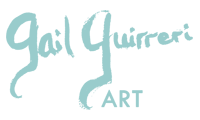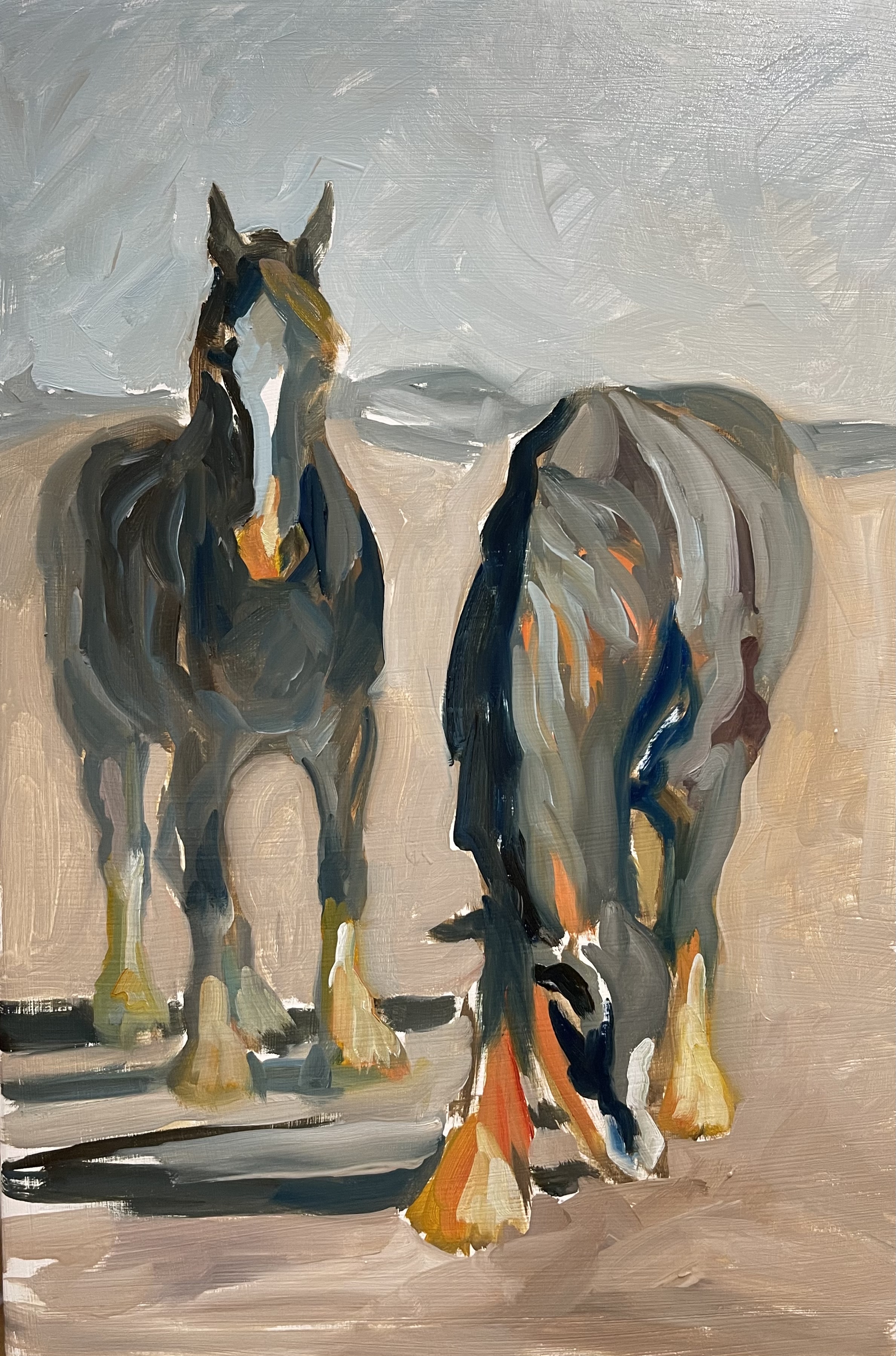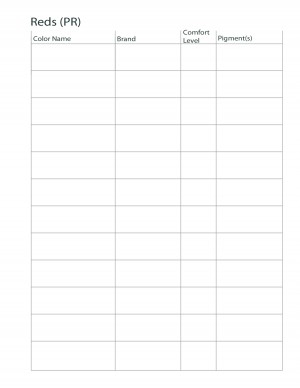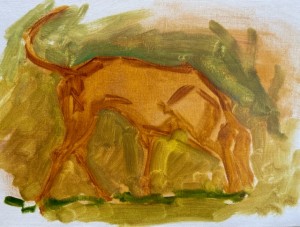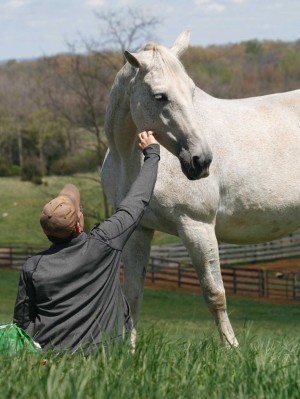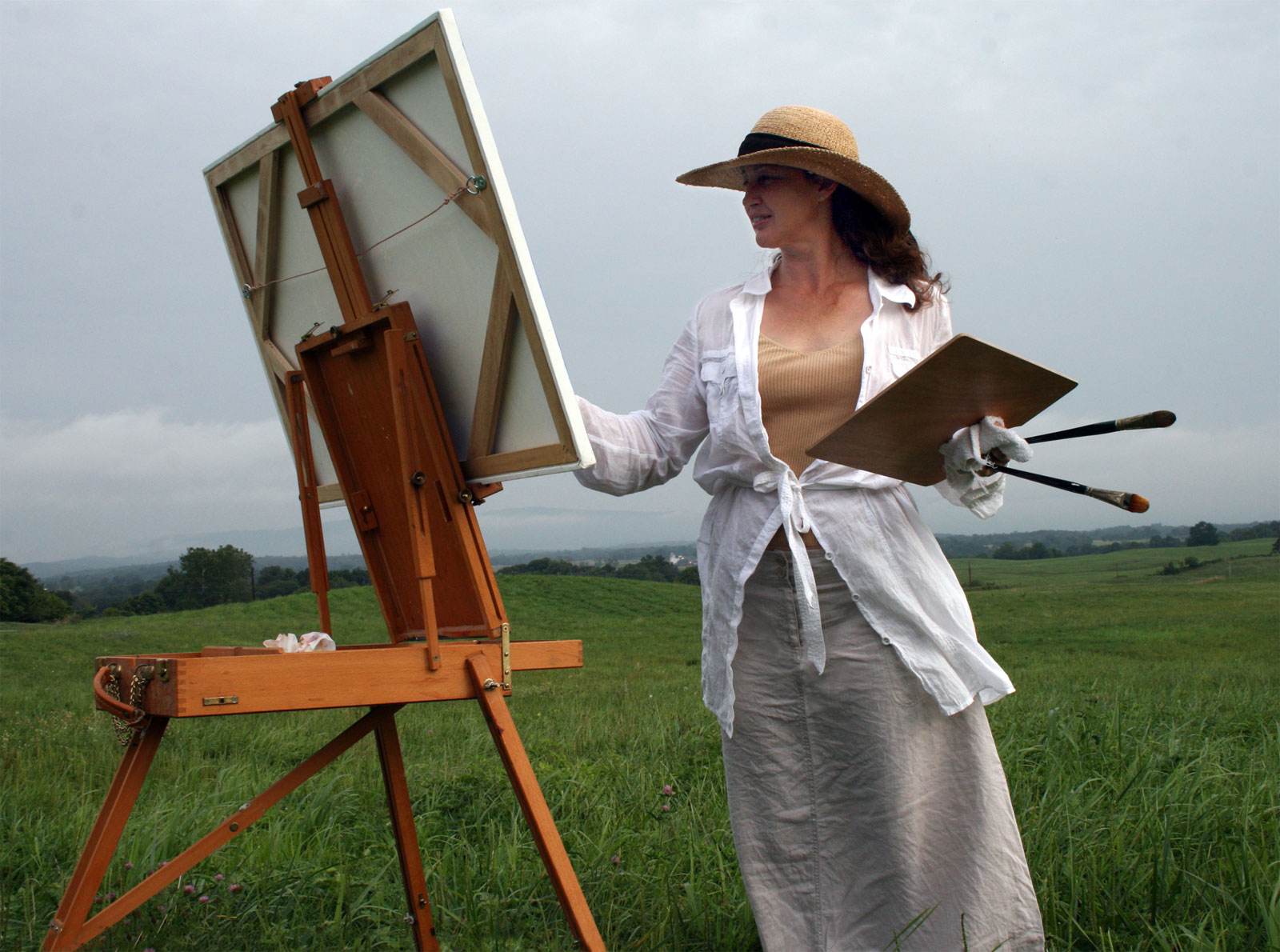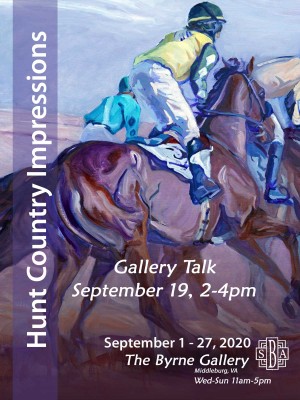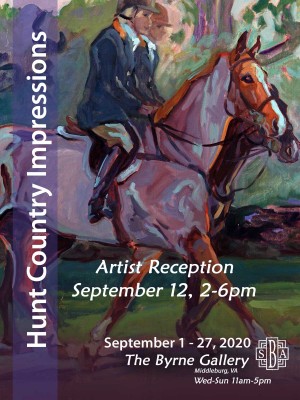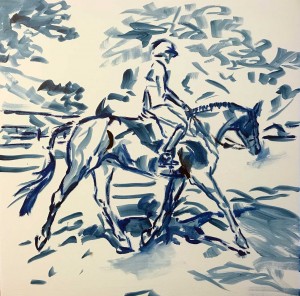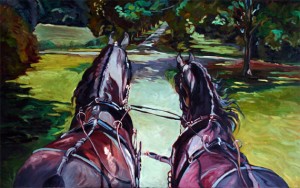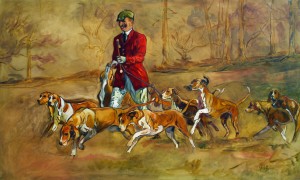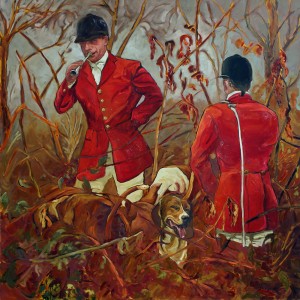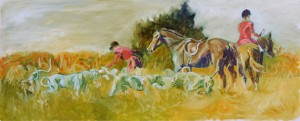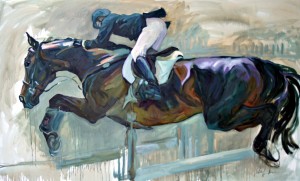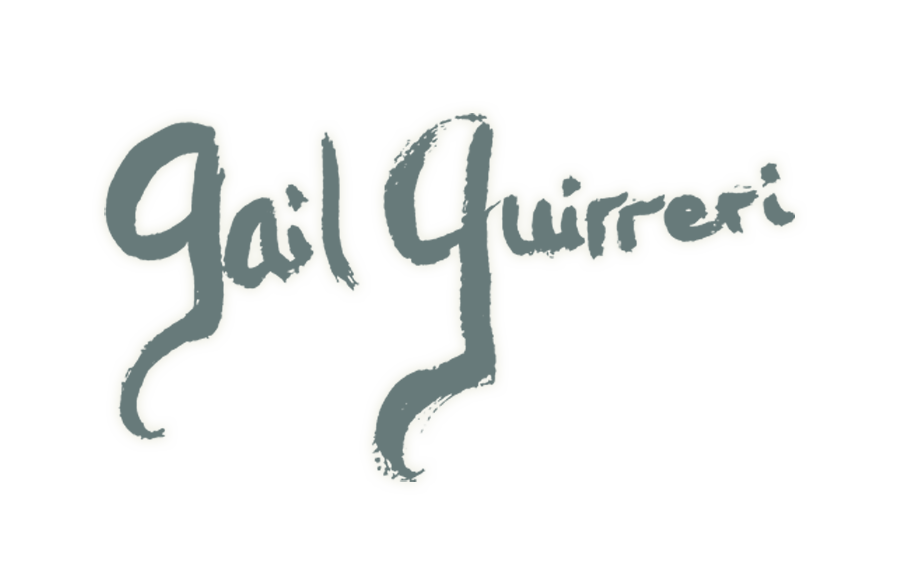Painting Workshop with Gail Guirreri at Stuart Street Atelier April 4-7, 2023
Gail Guirreri will be teaching a painting workshop April 4-7, 2023 at Stuart Street Atelier in The Plains, VA. The course will cover color choices and Gail's personal painting process developed over the last 35 years.
When one takes a painting workshop we learn someone else's techniques. Often these are considered rules of painting with a known approach, process and outcome. If it's not our process, the change and pressure we put on ourselves can cause frustration and anxiety. Once we fall into confussion we can't seem to work our way out. In this state our learning curve is minimal.
Right from the start let's get out ahead of this and adjust our expectations. Let's drop our bar back to painting before we took life drawing 101. Throw out our knowledge, accomplishments, awards and give ourselves the chance of a fresh perspective. Let's look at the possibility of two paths in painting. One direction takes us through rules of painting with a planned process clearly taking us through the steps. We control the hand and colors with drawing, feathering, smudging, drying, glazing, etc. Our colors are limited and well used. The results are mostly expected, minimally surprising.
The opposite path is our goal for this course. We will look for our inner source inspiration that reacts emotionally not just to our subject but also the paint itself. We will give the paint a voice in unexpected application and color choices releasing resistance of control. You can keep all your knowledge and intent but simplify your brushwork to single expressive strokes. The concern for start and end of the stroke across the canvas need not matter. The brush always wants to go too far anyway when we are attempting tight control. We will explore the path of least resistance and allow ourselves to be more surprised by the paint itself.
Color choices will be discovered beyond a classic academic palette. Gail has spent years seeking out unique pigments and their effect in a limited palette. In class we will start off doing quick studies from multiple minimal pigment view points. After the warm up day we will go a step further and question our color choices with more consideration. Which red will bring the effect with the least amount of effort? What colors mix well with that red? If you only choose 5 colors, which ones and why? We will play in at least three palettes during the week, each of your own choosing.
If you are an accomplished painter you likely already paint in a limited palette often. One can be surprised how much difference each individual pigment can have in quality and reactions in mixing. Over the last couple years Gail has purchased as many unique pigments as possible. Not all are great purchases but oh, so many surprises exist! Gail will bring her color charts and examples of her happy accident palettes with only the tip of the iceburg discovered.
Ideally you will go through your box of colors and sort the unique pigments from the mixed pigments and make a chart. Possibly there is a green that you can't live without and you find it's a mix of yellow, blue and red! Exploring a palette built around that one green will lead you into a better understanding of that green and when and why to use it. If you can take the time to make a list of colors and write down the Color Name, Brand, your comfort level with the color (1-5, five being a favorite) and Pigment number (ie PbR7, PR 108, PY83) we will be much ahead on day 1.
Subject matter of painting can be of your own reference or from Gail's (horses, cows, landscapes). An Ipad or printed version is fine but plan to have color and black and white references. When going out on a limb with a new palette it can be much easier to paint from black and white. On day 1 we will do many quick studies. Inexpensive canvas boards with a single extra coat of gesso will work fine. 9x12, 12x12, 11x14, 16x20 are good sizes depending on your comfort level; always larger the better.
Day 2 we will start with a few more quick studies then go back and push on studies from day prior and end the day starting one larger canvas. The small study compositions will be very simple. Day 3 we will work on the larger canvas and possibly start a second if you have found the comfort of working fast in the quick studies. Larger canvases can range from 16x20 to 24x30. You might like to have a square and a 1:2 proportion canvas on hand as well.
Materials:
Inexpensive canvas boards, at least 6 of varying sizes. Gessoed paper works as well.
Stretched canvas or canvas panels with minimum size 16x20, 2-3.
Bring your favorite unique pigments and mixed pigments. Please sort them into two groups.
Be prepared to try numerous palettes. Glass picture frames with the glass glued in make great stackable palettes.
Masking tape wrapped glass (max size 8x10) and vis-a-vis pen.
Brushes should include filberts and flats size 4 - 8. If you have liners and rounds, bring them but they are not required. Princeton Catalyst (flats) and Aspen (filberts) come recommneded. Princeton Dakotas have great feel but do not last. Brushes need to have strong enough feel to push paint.
Reference material in color and black and white. Details such as a hoof, eyeball, leg or other object portion is good for quick studies. If you do not have your own references, they will be available. Gail's refence material is only for personal use and not for show entries, etc. Reference photos will be loaded to this page with proportions so you can plan your materials ahead.
Gail's oil color web site www.artoilcolor.com has an image crop tool and search engines for unique pigments as well as mixed pigments. Some paint tubes are hard to read so you may find the color number easier using the web site. Go to the page Oil Color Brands and click on the brand you are searching. The pigments are listed on that page as well.
34 Images
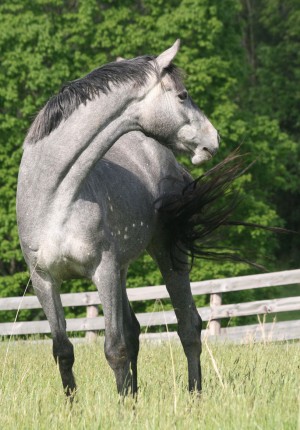
1 - Destiny Holsteiner mare by R-Saluut II - Contender. Click to enlarge image.
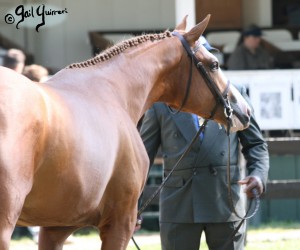
2 - Upperville Hunter Breeding copyright Gail Guirreri-Maslyk. Click to enlarge image.
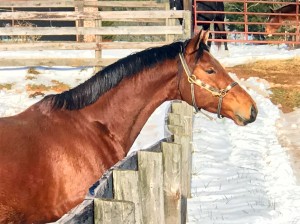
3 - Quiet Riot 4 year jumper prospect stallion v. Qui Dandy Windsor Z - Libero H. Click to enlarge image.
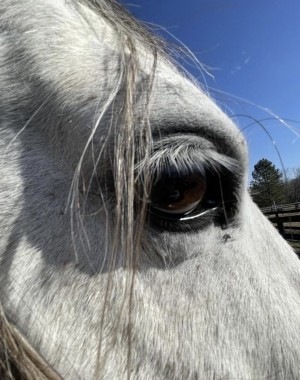
4 - Eye study reference photo of a horse. Click to enlarge image.
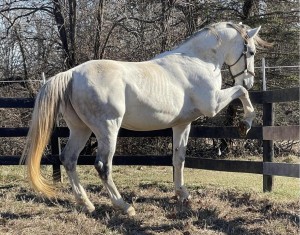
5 - Stallion gesture reference photo. Click to enlarge image.
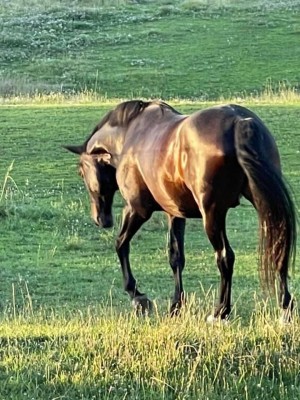
6 - Marvin reference photo. Click to enlarge image.
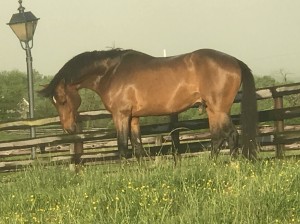
7 - Dandy reference photo. Click to enlarge image.
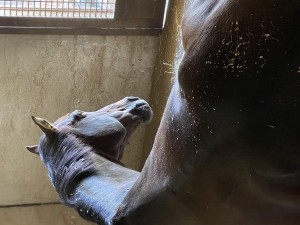
8 - Dandy reference photo. Click to enlarge image.
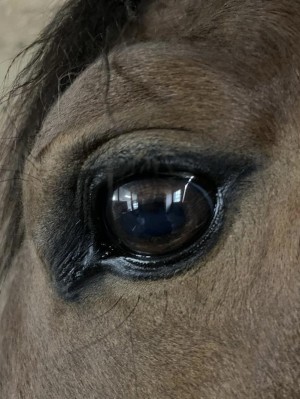
9 - Stallion eye reference photo. Click to enlarge image.
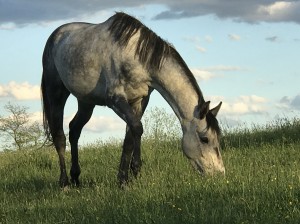
10 - Mare in pasture reference photo. Click to enlarge image.
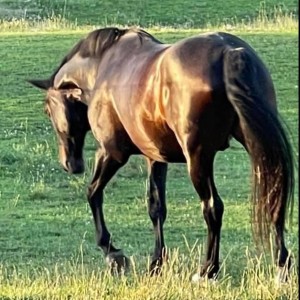
11 - Marvin horse reference photo. Click to enlarge image.
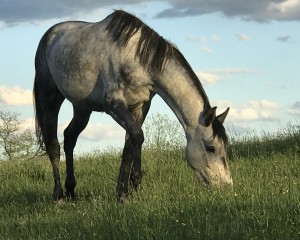
12 - Broodmare at pasture reference photo 24 x 30. Click to enlarge image.
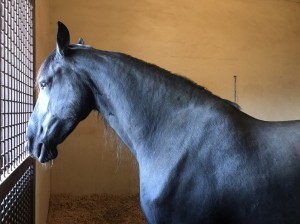
13 - Friesian mare photo reference. Click to enlarge image.
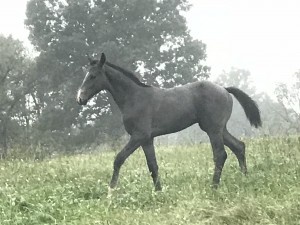
14 - Warmblood jumper colt photo reference. Click to enlarge image.
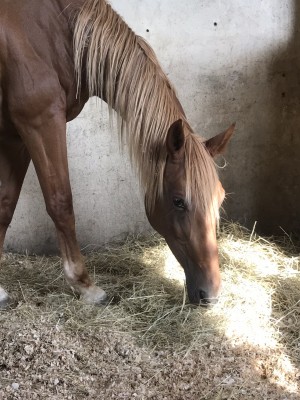
15 - Warmblood jumper mare photo reference. Click to enlarge image.
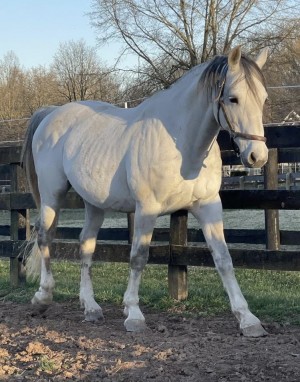
16 - Grey stallion reference. Click to enlarge image.
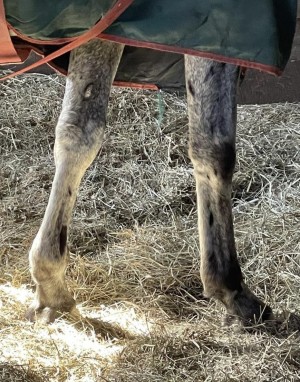
17 - Horse front leg reference. Click to enlarge image.
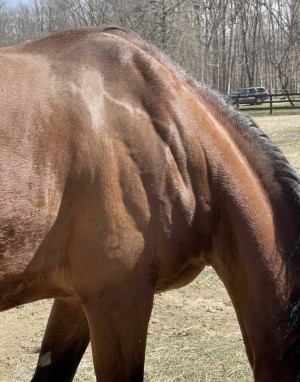
18 - Horse shoulder reference. Click to enlarge image.
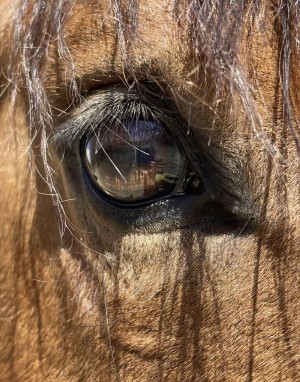
19 - Horse eye reference. Click to enlarge image.
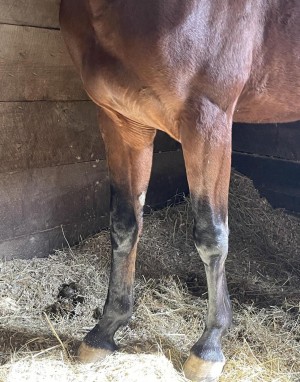
20 - Horse front legs reference. Click to enlarge image.
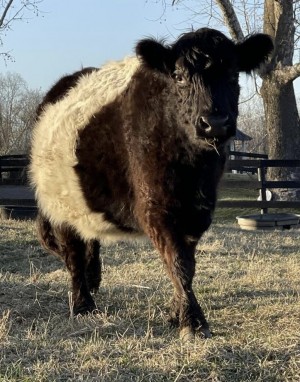
21 - Cow reference. Click to enlarge image.
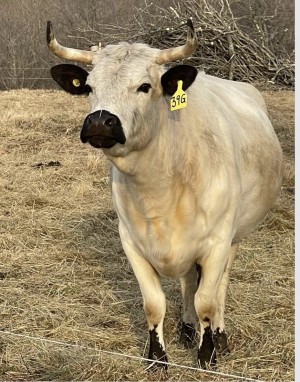
22 - Cow reference. Click to enlarge image.
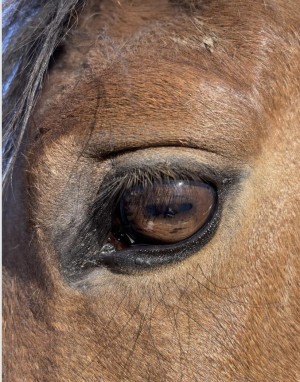
23 - Horse eye reference. Click to enlarge image.
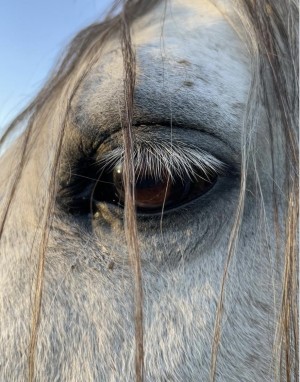
24 - Horse eye reference. Click to enlarge image.
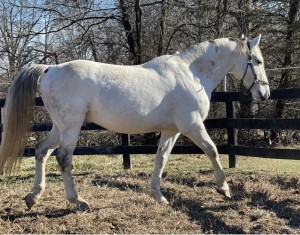
25 - Grey stallion reference. Click to enlarge image.
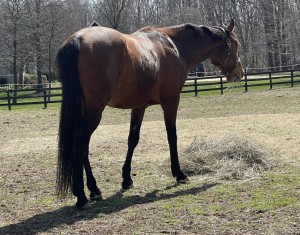
26 - Qurly reference 11x14. Click to enlarge image.
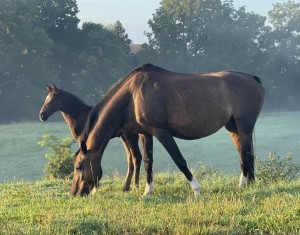
27 - Cloverlone broodmare. Click to enlarge image.
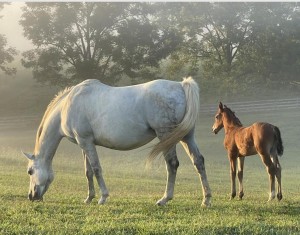
28 - Cloverlone broodmare. Click to enlarge image.
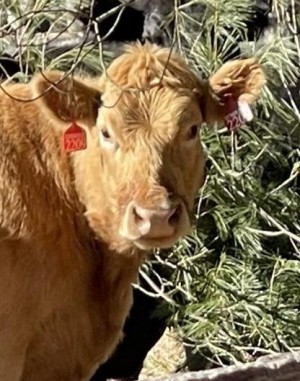
29 - Cow reference. Click to enlarge image.
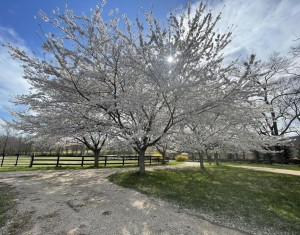
30 - Yoshino cherry tree reference. Click to enlarge image.
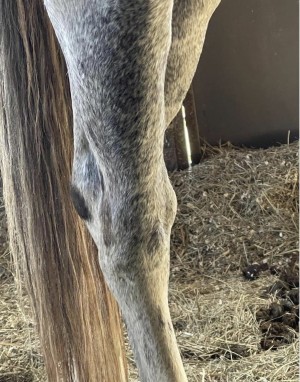
31 - Horse hock study reference. Click to enlarge image.
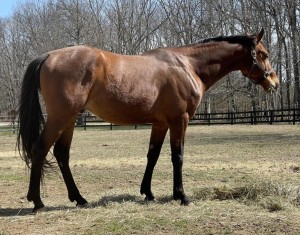
32 - Qurly conformation. Click to enlarge image.
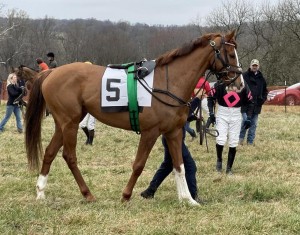
33 - Piedmont Spring Races 2023. Click to enlarge image.
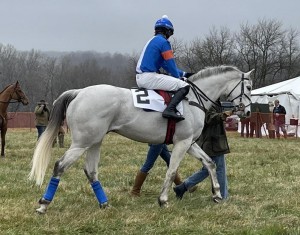
34 - Piedmont Spring Races 2023. Click to enlarge image.
Page Links
Gail Guirreri Art Events
Related Links
Allowed: 64M/67108864KB.
Current: 21843KB. Peak: 21907KB.

